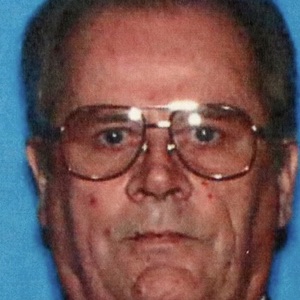“It isn’t always DNA.” The recent resolution of a 40-year-old murder cold case in Bucks County has thrown light on the tenacious, sometimes relentless approach that law enforcement often has to solving homicides that are decades old. The Bucks County District Attorney’s Office recently announced that investigators with the DA’s office, in partnership with Pennsylvania […]

